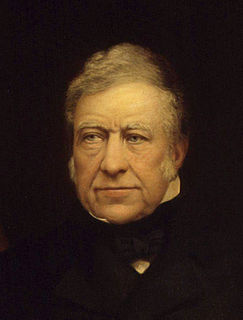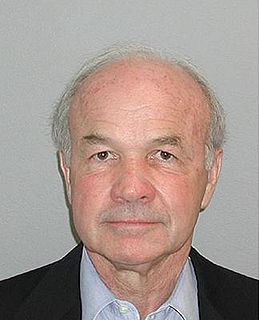A Quote by Joseph Hume
Now, what produces a want of demand A refusal to take from other countries the commodities which they produce.
Related Quotes
I think the people should demand accountability on the voting. I think there's no point in voting if you're not gonna demand fairness and be able to verify each vote. And other countries can do this fairly easily. So I don't think you really want democracy if you're not willing to take that first step.
A real love letter is made of insight, understanding, and compassion. Otherwise it's not a love letter. A true love letter can produce a transformation in the other person, and therefore in the world. But before it produces a transformation in the other person, it has to produce a transformation within us. Some letters may take the whole of our lifetime to write.
The median family income in the U.S. is lower than it was a quarter-century ago, and if people don't have income, they can't consume, and you can't have a strong economy. There's significant risk - actually it's no longer a risk - a significant likelihood of a marked slowdown not only in China, but also in a lot of other countries like Brazil, which is in recession. All of the other countries that depend on commodities, including Canada, are facing difficulties. So it's hard to see a story of a strong U.S. economy.
The international institutions go around the world preaching liberalization, and the developing countries see that means open up your markets to our commodities, but we aren't going to open our markets to your commodities. In the nineteenth century, they used gunboats. Now they use economic weapons and arm-twisting.
Looking at the doctrine of Darwinism, which undergirded my atheism for so many years, it didn’t take me long to conclude that it was simply too far-fetched to be credible. I realized that if I were to embrace Darwinism and its underlying premise of naturalism, I would have to believe that: 1. Nothing produces everything 2. Non-life produces life 3. Randomness produces fine-tuning 4. Chaos produces information 5. Unconsciousness produces consciousness 6. Non-reason produces reason....The central pillars of evolutionary theory quickly rotted away when exposed to scrutiny.
Economists may not know much. But we know one thing very well: how to produce surpluses and shortages. Do you want a surplus? Have the government legislate a minimum price that is above the price that would otherwise prevail. That is what we have done at one time or another to produce surpluses of wheat, of sugar, of butter, of many other commodities. Do you want a shortage? Have the government legislate a maximum price that is below the price that would otherwise prevail.



































